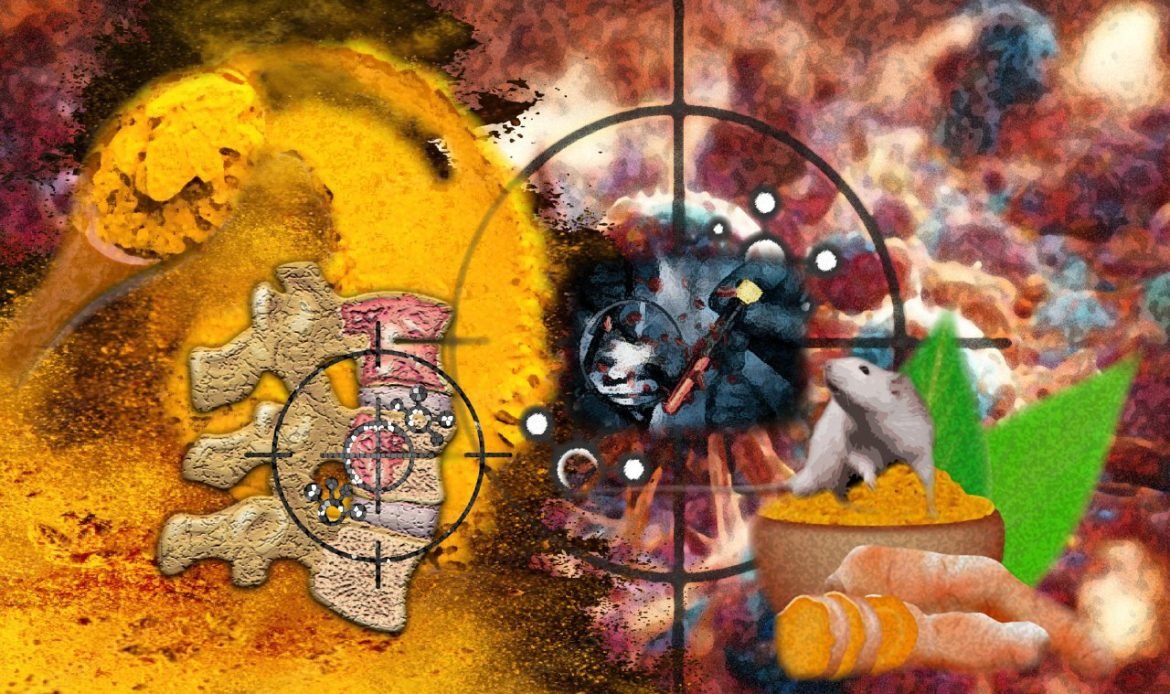Anti-Tumor Effects Without Toxicities: Researchers Use a Spice To Treat CancerDecember 7, 2022 by Kyoto UniversityThe high conversion rate of curcumin prodrug TBP1901 to curcumin in bone marrow warrants its clinical application for diseases growing in the marrow like multiple myeloma and leukemia. The natural polyphenol curcumin has shown promising efficacy with tumors in a number of preclinical models. Credit: KyotoU / Global CommsProdrug curcumin displays clinical potential. In cancer clinical studies, curcumin, a natural molecule related to turmeric, has been used to treat cancer patients. Despite its known antitumor effects, drug development has lagged due to challenges involving its chemistry. Now, a team of researchers at Kyoto University has developed a prodrug form of curcumin, TBP1901, that has shown anti-tumor effects without toxicities.“Curcumin has long been used as a spice or food coloring, so we expect to see minimal side effects,” says lead author Masashi Kanai.Curcumin, a natural polyphenol, has demonstrated promising efficacy against tumors in several preclinical models. Such studies have reported anecdotal evidence of curcumin’s effect in cancer patients.However, curcumin’s limited bioavailability and low stability have hampered its clinical application to date.Kanai’s team has found a possible detour around the problem by deductively identifying the enzyme GUSB for its key role in TBP1901 conversion to curcumin. The scientists hypothesized that this conversion would not be observed in mice with genetically impaired GUSB. They also confirmed, using a CRISPR-Cas9 screen method, that curcumin also has essential therapeutic targets.“The high conversion rate of TBP1901 to curcumin in bone marrow warrants its clinical application for diseases growing in the marrow like multiple myeloma and leukemia,” notes Kanai.Reference: “Pharmacologic characterization of TBP1901, a prodrug form of aglycone curcumin, and CRISPR-Cas9 screen for therapeutic targets of aglycone curcumin” by Tomoyuki Abe, Yoshihito Horisawa, Osamu Kikuchi, Hitomi Ozawa-Umeta, Atsuhiro Kishimoto, Yasuhiro Katsuura, Atsushi Imaizumi, Tadashi Hashimoto, Kotaro Shirakawa, Akifumi Takaori-Kondo, Kosuke Yusa, Tadashi Asakura, Hideaki Kakeya, and Masashi Kanai, 10 October 2022, European Journal of Pharmacology.DOI: 10.1016/j.ejphar.2022.175321The study was funded by the Japan Society for the Promotion of Science. This article was originally published by Scitech daily.
This article was originally published by Scitech daily



